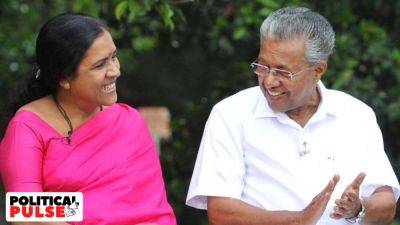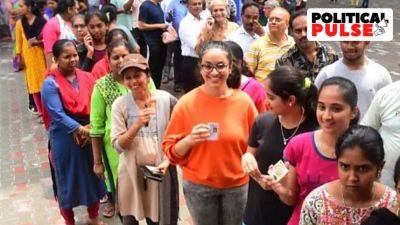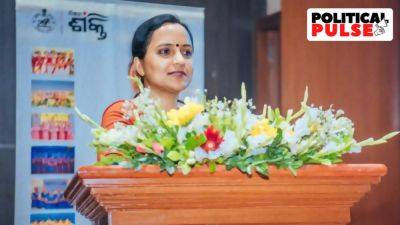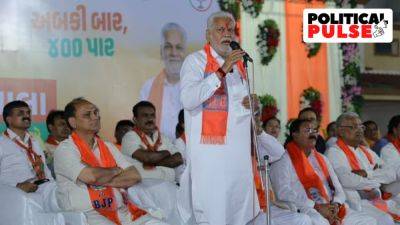Ezhavas to Nairs, Muslims to Christians: Key groups behind Kerala’s perennial power play
Various castes and communities in Kerala play a crucial role in driving the politics of the leading parties and their alliances. In the election season, from the selection of candidates to the framing of planks to running of their campaigns, the interests and concerns of such communities are factored in by the parties as part of their strategies to retain vote banks and expand bases to the rival turfs in the state.
Ezhavas
The single largest Hindu community in Kerala, Ezhavas make up about 23% population of the state. The Ezhava community belonging to the OBC category has traditionally been a part of the ruling CPI(M)-led Left Democratic Front (LDF)’s vote bank.
The community’s largest outfit SNDP Yogam floated a political party, Bharat Dharma Jana Sena (BDJS), in 2015. The BDJS has been an ally of the BJP-led NDA in the state since the 2016 Assembly polls. However, the BJP has not been able to make inroads into the Ezhava community through the BDJS mainly because the latter’s grassroots level workers are the SNDP Yogam’s members, who are associated with various parties, especially the CPI(M).
During the BJP-led agitation against the entry of women into the Sabarimala temple in 2018, the BDJS backed the protesters. However, the BDJS patron and SNDP Yogam general secretary, Vellappally Natesan, remained with the CPI(M)-led government’s “renaissance movement platform” formed to counter the Sabarimala agitation.
In the 2019 Lok Sabha elections, the BDJS contested, unsuccessfully, 4 seats out of 20, but got only 1.88% of votes. Its ally BJP contested 15 seats, but again failed to open its account while getting 13% votes.
In the 2021 Assembly elections, the BDJS contested 21 out of 140 seats, but its vote share dipped further to







